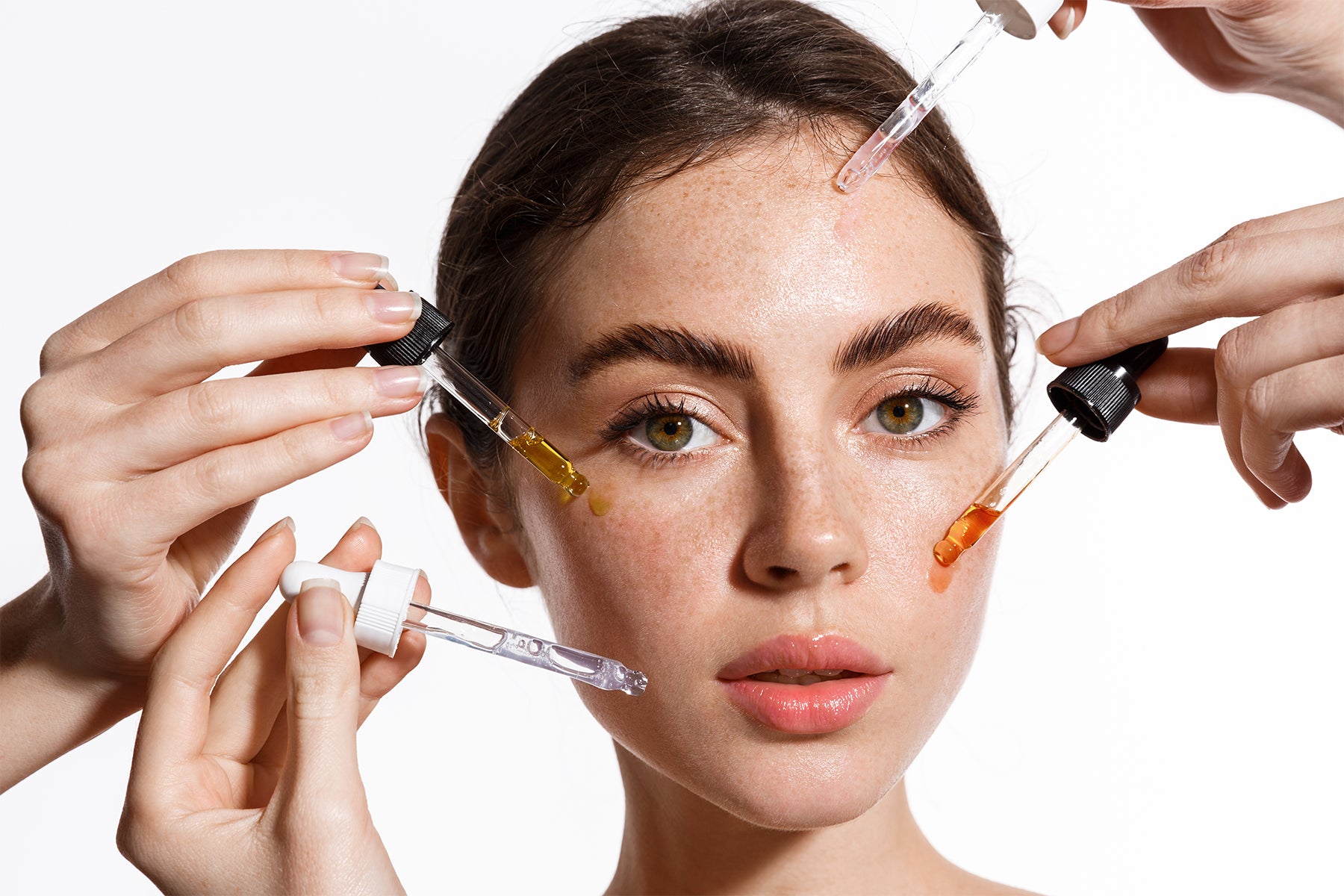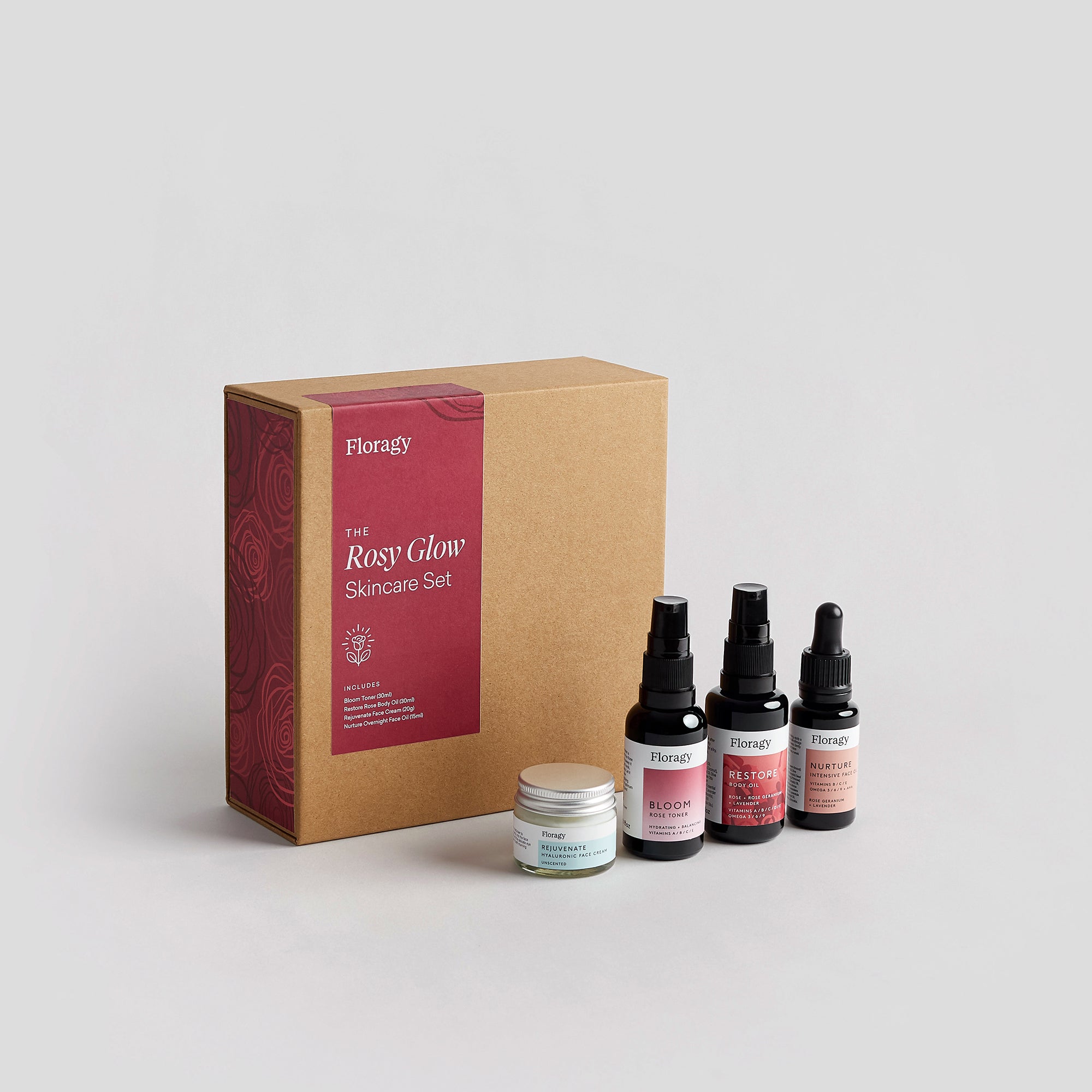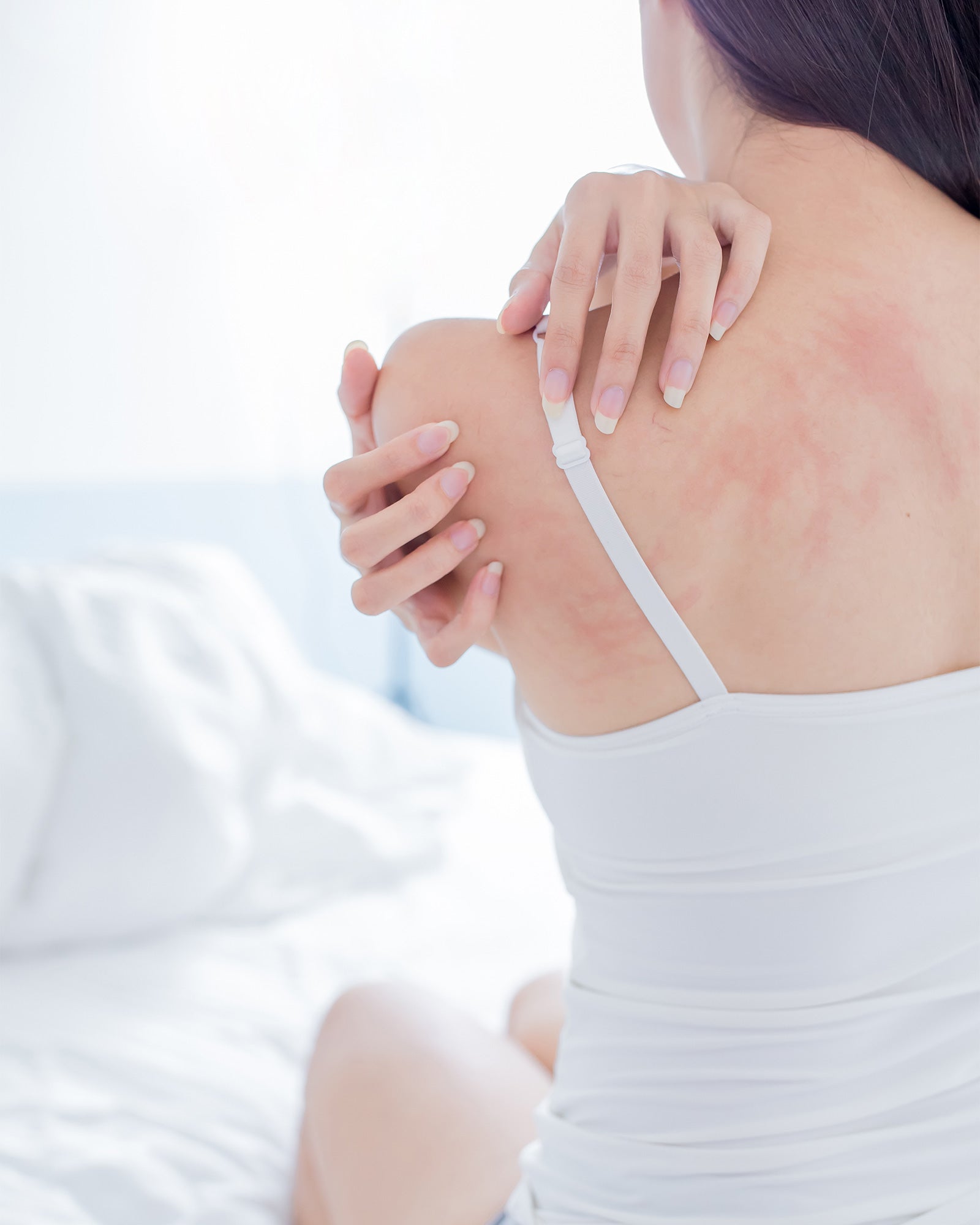
The truth about Collagen
The magic of ‘collagen’ is hailed as the ‘go to’ ingredient to restore the appearance of glowing, smooth, firm skin. But how do we restore collagen through topical application? And is it the wonder ingredient in skincare we’re led to believe?
Collagen makes up to 35% of all body protein meaning it’s a crucial component which already exists in our bodies. Our skin has collagen in abundance which helps cells renew and repair and replace dead skin cells, so when we have lots of collagen skin is soft, firm and smooth.
In the skin there are 3 essential layers, the epidermis which protects the skin like a waterproof barrier, the dermis which contains connective tissue and collagen and finally the hypodermis which is a layer of fat tissue. Ageing results in these layers becoming thin and the bonds between each layer weaken which is why as we age wrinkles can appear and the skin can look loose.
From the age of approximately 21 we lose 1% of our collagen production with each year of age, that’s right, from the age of 21! And not only does it decrease, the quality also deteriorates.
So, what can we do?
According to leading Dermatologists collagen is not able to be absorbed topically but we can affect collagen stimulation in a couple of ways;
"Collagen is a huge molecule that sits on the surface of the skin and cannot be absorbed into the dermis," board-certified dermatologist Dendy Engelman, M.D., says. "When applied topically, it is not possible for collagen to penetrate, which is why we use other actives to stimulate collagen production".
Diet is key. To help collagen stimulation we need to eat plenty of foods high in antioxidants like green vegetables and fruit. Beta carotene and carrots are good sources which help with limiting cell damage.
Using skincare products with antioxidant ingredients can help to stimulate collagen production but just applying collagen topically on its own will not have the desired effect.
Green Tea is an excellent source of anti-inflammatory and antioxidant properties. Green tea is a botanical derived from the leaves and buds of the tea plant Camellia Sinensis. It contains caffeine and tannins which work by decreasing puffiness and shrinking blood vessels. Green Tea can be drunk or taken orally as well as applied topically to the skin in creams, cleansers, masks and face oils.
Keratin helps make the cells in hair, skin, and nails stronger. Together with collagen it is a form of protein which can be found in foods like salmon, eggs, onions and sweet potato.
Vitamin C is a great vehicle for delivering actives into the skin. It works hand in hand with promoting collagen production and can also support skin healing. You’ll mostly see this ingredient used in serum formulations and care needs to be taken if it’s used alongside retinol.
ANTI-AGEING
The term ‘anti-ageing’ is one we’ve become accustomed to within marketing and the beauty industry but unfortunately it’s not that straight forward. ‘Anti-ageing’ products simply don’t exist, but there are those ingredients found not just in face creams but also our diet which can help to stimulate cell renewal to keep your skin healthy and glowing.











